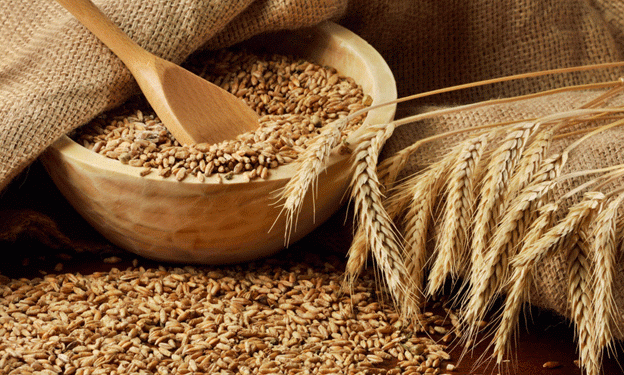Azerbaijan’s Wheat Imports Surge Amidst Global Supply Shifts
In the first 11 months of 2024, Azerbaijan imported 1 million 117 thousand 277 tons of wheat worth USD 241 million 94 thousand, according to the State Customs Committee’s latest report. This volume represents a 2% increase or 22.3 thousand tons more than the same period in 2023, while the value of these imports dropped by 15%, or 42.3 million USD, during the same period. Despite this decrease in value, wheat imports still accounted for 1.28% of Azerbaijan’s total imports, highlighting its importance in the country’s food supply chain.
Key Trends in Import Volume and Value
The data shows that the average price of one ton of wheat imported into Azerbaijan in the first 11 months of 2024 decreased by 16.6% compared to the corresponding period of last year, dropping to AZN 366.8. This decline in price can be attributed to several factors, including global supply chain adjustments and decreased demand in the international market, which collectively reduced wheat prices. The lower price per ton reflects a more competitive global wheat market and Azerbaijan’s reliance on cheaper Russian imports.
During the reporting period, Azerbaijan predominantly sourced its wheat from Russia. This dependency is due to proximity and relatively lower transportation costs compared to other wheat-exporting countries. The geopolitical landscape has also played a role, influencing trade patterns and prices. Russia’s dominance in Azerbaijan’s wheat imports underscores the vulnerability to fluctuations in Russian supply and the impact of international relations on food security.
Impact on Azerbaijan’s Agriculture and Food Security
The increase in import volume, despite a lower price per ton, indicates that Azerbaijan is still heavily reliant on external wheat supplies to meet domestic demand. The decrease in the value of wheat imports reflects a broader trend of lower international wheat prices, which has been driven by abundant global supplies and reduced purchasing power in several importing countries. This situation underscores the challenges Azerbaijan faces in maintaining food security, especially in times of economic instability or disruptions in trade relationships.
Azerbaijan’s agriculture sector is vulnerable to global market changes, as evidenced by the fluctuating wheat imports. The reliance on a single country, like Russia, for the majority of imports poses a risk to the nation’s food security and agricultural stability. The government and stakeholders must consider diversifying sources of wheat imports and investing in domestic agricultural development to mitigate these risks and ensure a stable food supply.
The rise in wheat imports into Azerbaijan in 2024, despite a decrease in value, highlights both the challenges and opportunities within the global wheat market. The reliance on Russian imports underscores the need for strategic diversification in sourcing to stabilize the supply chain. As global markets continue to evolve, Azerbaijan must explore innovative agricultural practices and strengthen local production to buffer against future shocks in the global market.
Error




